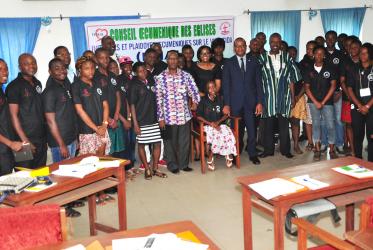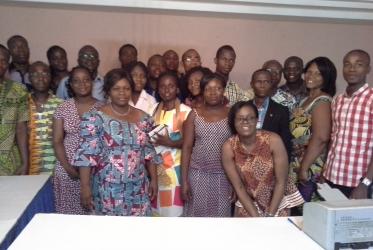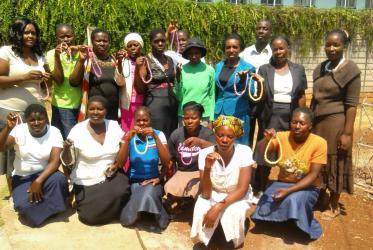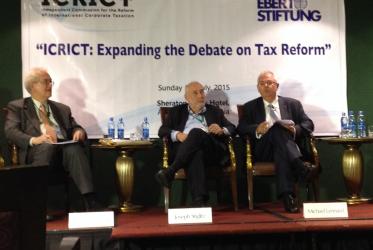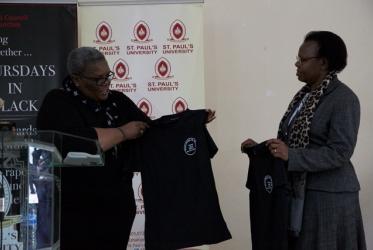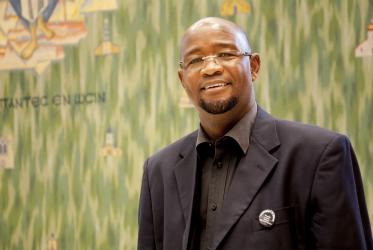Displaying 221 - 240 of 275
Faith at AIDS 2016: WCC preparing for faith in action
10 March 2016
Sorry child, but I’m HIV-positive
10 December 2015
Person with disability shares reflection on AIDS conference
10 December 2015
Placing family in the HIV response vanguard
10 December 2015
Land rights focus of panel discussion
17 November 2015
Overcoming discrimination to address HIV in Zimbabwe
11 November 2015
Training empowers women affected by HIV and AIDS in Zimbabwe
10 November 2015
WCC group evaluates ecumenical HIV and AIDS response
29 June 2015
Churches need to do more to tackle HIV and AIDS
23 June 2015
